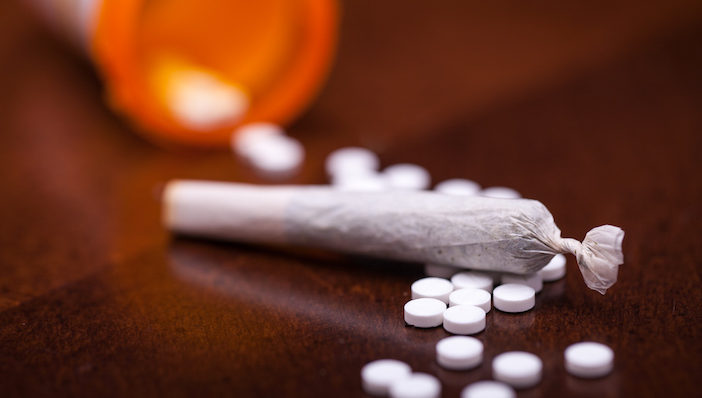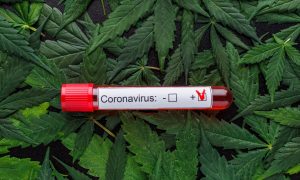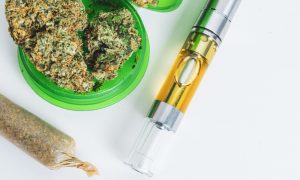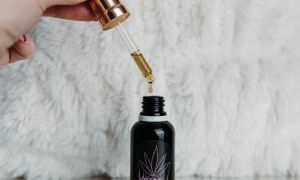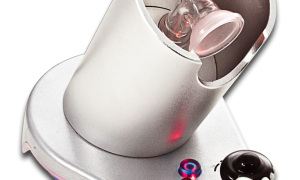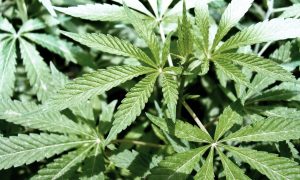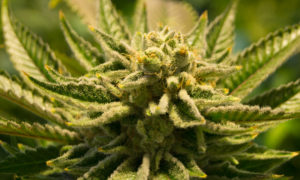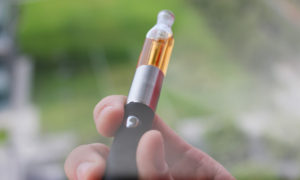By Jeff Hale for marijuana.com
A new study led by a UC Berkeley researcher in conjunction with HelloMD has found that an overwhelming majority of medical marijuana patients use less opioid-based pain medication as a result of their ability to substitute cannabis for pain management.
MORE: Scientists are developing an ‘anti-heroin vaccine’ that now works in monkeys
Based on survey data collected from nearly 3,000 patients in HelloMD’s database, researchers found strong evidence to support the growing belief that cannabis can be an effective tool in combating the global opioid crisis.
MORE: UN World Drug Report 2017 outlines global opioid crisis
Key findings:
• 97% “strongly agreed/agreed” that they could decrease their opioid use when using cannabis
• 92% “strongly agreed/agreed” that they prefer cannabis to treat their medical condition
• 81% “strongly agreed/ agreed that cannabis by itself was more effective than taking cannabis with opioids. The results were similar when using cannabis with non-opioid based pain medications.
The UN Office on Drugs and Crime (UNODC) report published on June 22 reminds us that opioids are the world’s most pressing drug problem. According to the report, “there are an estimated minimum of 190,000 – in most cases avoidable – premature deaths from drugs, the majority attributable to the use of opioids.” Making matters worse, opioid production increased by approximately 33% during 2016, which the UNODC attributed to increased opium yields in Afghanistan.
Amanda Reiman, PhD, MSW, led the study on “Cannabis Use as a Substitute for Opioid and Non-Opioid Based Pain Medication”. Reiman believes that “It’s past time for the medical profession to get over their reefer madness and start working with the medical cannabis movement and industry to slow down the destruction being caused by the over prescribing and overuse of opioids.”
The President’s Commission on Combating Drug Addiction and the Opioid Crisis has missed the deadline for their first strategic report. The teleconference to review a draft of the report has been rescheduled to later this month.
This article was originally published on marijuana.com. Read the original article.

